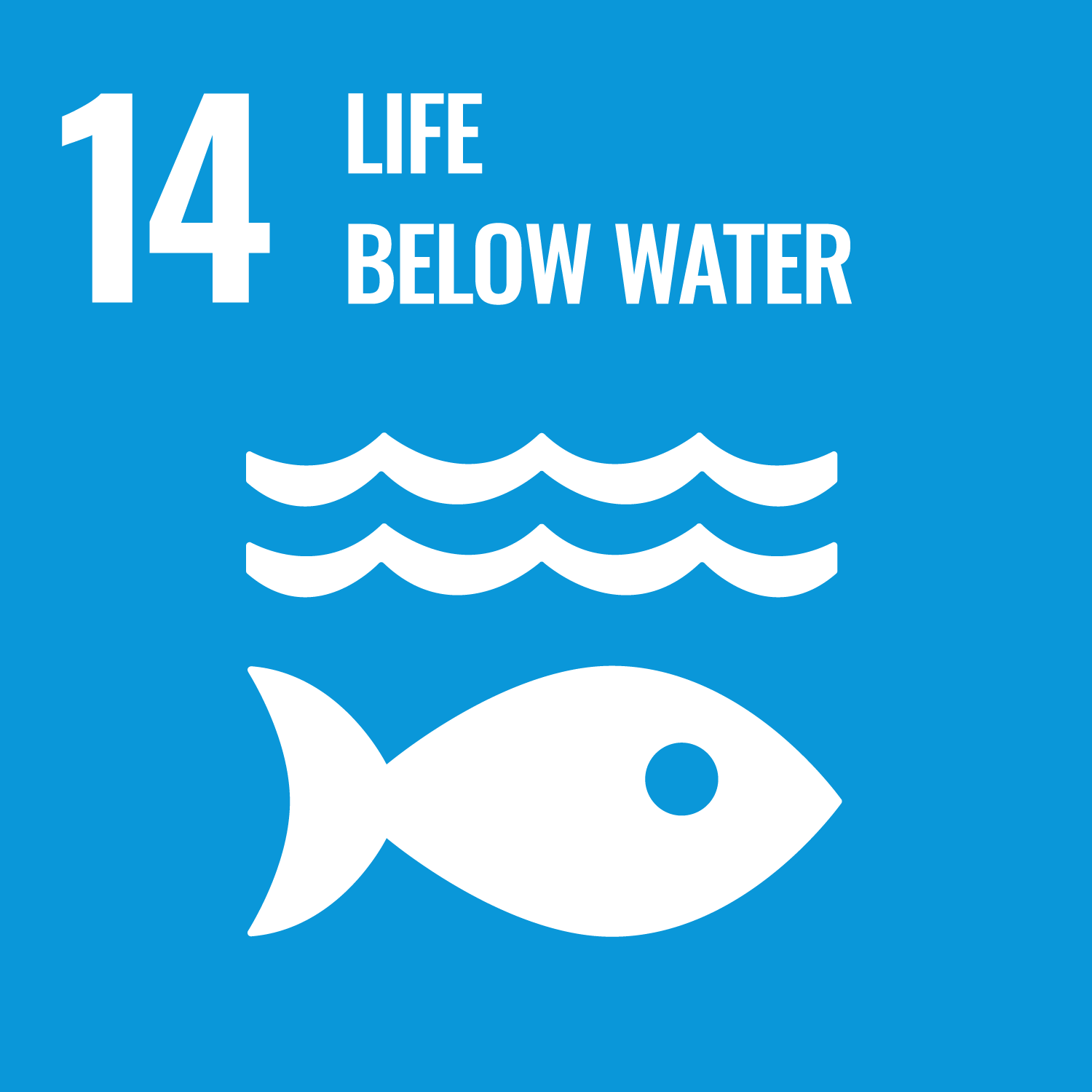The course will present different biosensing technologies with main focus paid to optical technologies. The course will also
introduce the students to magnetic resonance imaging (MRI), ultrasound, x-ray imaging, PET and other latest technologies in
wide use. As basis of optical sensing technology, the students will be revised of the light properties and their interaction
with biological matter. They will be introduced to the basic properties of light such as reflection, refraction, scattering
and absorption with emphasis on the scattering properties that include Rayleigh and Mie scattering. Students will be introduced
to common microscopes and their limitations, development of super-resolution optical microscopes including NSOM (near-field
scanning optical microscope) STED (Stimulated emission depletion), Light sheet microscope and so on. The course will also
cover other technologies such as OCT (Optical Coherence Tomography), optical interferometric techniques, opto-genetics, Raman
imaging and cutting edge technologies that are under research and also commercially used. By the end of the course, the students
should get an idea of how the biologicals systems could be investigated from molecular level to system level and the challenges
involved.
The course is meant for students who are interested in the technologies employed in investigating biological systems and understand
the principle of different technologies. Students who have prior knowledge of optical physics principles will find it easier
as all the technologies are based on different optical phenomena.
| Goals and objectives | Course Outcomes | |
|---|---|---|
| 1. | Students will get to know different technologies magnetic resonance imaging (MRI), ultrasound, x-ray imaging, PET, chromatography and so on. |
A-1
|
| 2. | Students will be able to understand the principle behind the different technologies. |
A-1
|
| 3. | Students will obtain knowledge on implementation of different technologies. |
A-1
|
| 4. | Students will be able not only to understand different technologies but also appreciate the uniqueness and limitations of different technologies. |
A-1
|
| 5. | Student will be able to employ their theoretical knowledge of technologies and get on hands on experience with the instruments in technoplaza |
A-1
|
| Quiz | Midterm exam | Final | Total. | |
|---|---|---|---|---|
| 1. | 3% | 7% | 10% | 20% |
| 2. | 3% | 7% | 10% | 20% |
| 3. | 3% | 7% | 10% | 20% |
| 4. | 3% | 7% | 10% | 20% |
| 5. | 3% | 7% | 10% | 20% |
| Total. | 15% | 35% | 50% | - |
| Class schedule | HW assignments (Including preparation and review of the class.) | Amount of Time Required | |
|---|---|---|---|
| 1. | Optical sensing (understand the basic nature of light; geometrical optics) | Prepare for Quiz | 10分 |
| Provide class material on scomb page | 90分 | ||
| Assignment | 90分 | ||
| 2. | Optical sensing ( geometrical optics and wave optics) | Prepare for Quiz | 10分 |
| Provide class material on scomb page | 90分 | ||
| Assignment | 90分 | ||
| 3. | Optical sensing (diffraction, interference, scattering, and absorption) | Prepare for Quiz | 10分 |
| Provide class material on scomb page | 90分 | ||
| Assignment | 90分 | ||
| 4. | Summary of Optical phenomena | Prepare for Quiz | 10分 |
| Provide class material on scomb page | 100分 | ||
| Assignment | 90分 | ||
| 5. | Magnetic resonance imaging, PET and other technologies | Prepare for Quiz | 10分 |
| Provide class material on scomb page | 100分 | ||
| Assignment | 80分 | ||
| 6. | Mid-term exam followed by discussion | Preparation for exam | 180分 |
| 7. | Introduction to Technoplaza and have a visit to see the different instruments | Prepare for Quiz | 10分 |
| Provide class material on scomb page | 100分 | ||
| Assignment | 90分 | ||
| 8. | Cutting edge technologies, (optogenetics, hyperspectral imaging, Raman imaging) | Prepare for Quiz | 10分 |
| Provide class material on scomb page | 100分 | ||
| Assignment | 90分 | ||
| 9. | Cutting edge technologies contd. | Prepare for Quiz | 10分 |
| Provide class material on scomb page | 100分 | ||
| Assignment | 90分 | ||
| 10. | Hands on practice at Technoplaza | Prepare for Quiz | 10分 |
| Provide class material on scomb page | 100分 | ||
| Assignment | 90分 | ||
| 11. | An introduction to practical use of instruments | Prepare for Quiz | 10分 |
| Provide class material on scomb page | 100分 | ||
| Assignment | 90分 | ||
| 12. | Thin films: Synthesis and characterization | Prepare for Quiz | 10分 |
| Preparation for presentation | 100分 | ||
| Assignment | 90分 | ||
| 13. | Studying biosensor surface with microscope (with real examples) | Prepare for Quiz | 10分 |
| Preparation for presentation | 100分 | ||
| Assignment | 90分 | ||
| 14. | Feedback and end of semester presentations by students provided at the class | Preparation for Q&A time | 30分 |
| Preparation for presentation | 130分 | ||
| Teacher feedback time | 10分 | ||
| Total. | - | - | 2710分 |
| A:Fundamental Mechanical Engineering | B:Advanced Mechanical Engineering | C:Environment and Materials Engineering | D:Chemistry and Biotechnology | E:Electrical Engineering and Robotics | G:Advanced Electronic Engineering | F:Information and Communications Engineering | L:Computer Science and Engineering | H:Urban Infrastructure and Environment |
|---|
Students will be evaluated based on their scores in inclass quiz, midterm exam and final presentation. Students will be encouraged
to choose an instrument that is present at technoplaza and make a presentation explaining the principle of operation, uses
and limitations. The final score is evaluated based on in-class quiz (15%), midterm test (35%), and final assignment (50%).
Credit will be given only when the score is equal or above 60% out of 100% in total.
| ways of feedback | specific contents about "Other" |
|---|---|
| Feedback in outside of the class (ScombZ, mail, etc.) | Students will be given oral feedback at the end of the semester presentation on their presentations and Q/A as well as given a written feedback on the slides. |
Will be provided material by the teacher through Scomb for every class.
Interest in optical technologies and their application to biological systems from micro to system level. Understanding of
fundamental optical phenomenon will be useful but not a prerequisite.
- Students are encouraged to contact through email and make an appointment, email:uma@shibaura-it.ac.jp
- Studenta are encouraged to contact through email and make an appointment, email: aarya@sic.shibaura-it.ac.jp
- Course that cultivates an ability for utilizing knowledge
- Course that cultivates a basic problem-solving skills
- Course that cultivates a basic interpersonal skills
- Course that cultivates a basic self-management skills
| Work experience | Work experience and relevance to the course content if applicable |
|---|---|
| Applicable | Teachers use experience in developing optical imaging and screening tools for life science. |






- 4.QUALITY EDUCATION
- 7.AFFORDABLE AND CLEAN ENERGY
- 8.DECENT WORK AND ECONOMIC GROWTH
- 13.CLIMATE ACTION
- 14.LIFE BELOW WATER
- 15.LIFE ON LAND
Last modified : Tue Sep 17 18:30:41 JST 2024
